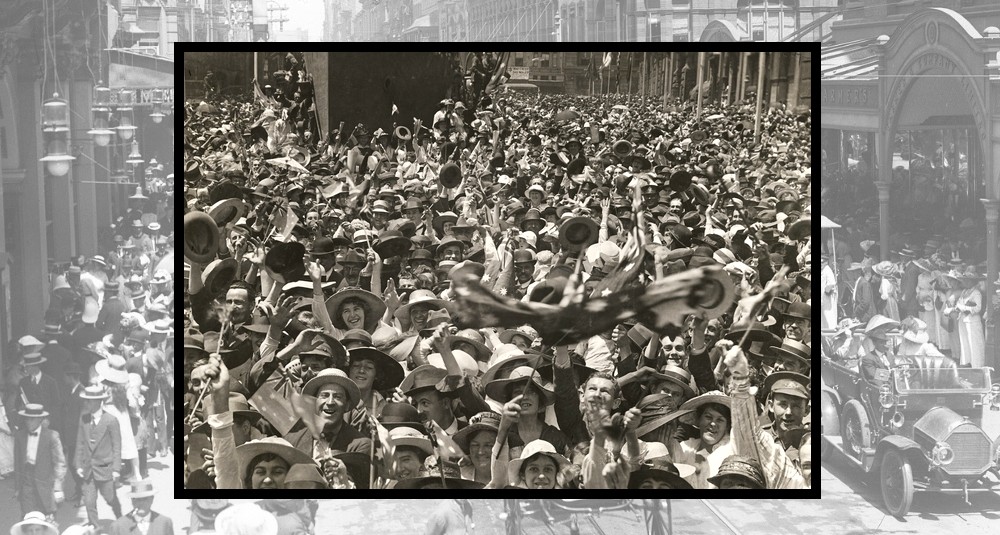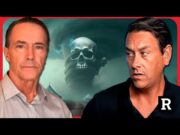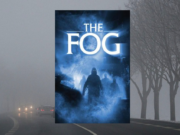
by Mary W Maxwell, LLB
What is it in us that can respond to a song, or even just a line from a song, better than we can respond to a ton of books? And why does it matter that a poem rhymes? And how does the artist make contact in the first place with some special insight into the human condition?
Tomorrow being armistice day, and not just any armistice day but the hundredth one, Gumshoe would like to spotlight an Adelaide man named Eric Bogle. He is 74 and is best known or a song he wrote 47 years ago – “And the Band Played Waltzing Matilda.”
Surely it’s the definitive piece about the cruelty of war and the meaninglessness of such human destruction. But there is never a word to that effect. Just a lad’s personal thoughts about his fate. He had “lived the free life of a rover” and “waltzed my Matilda all over.” Until the call came and he found himself in Gallipoli – for “the slaughter.”
For me the key verse is:
And the band played Waltzing Matilda
As we stopped to bury our dead
And we buried ours and the Turks buried theirs
Then started all over again.
There is no let up today. We do war all the time, most of us from our armchair.
The bronze statue in front of the Library of South Australia is that of Robert Burns (1759-1796) – yes he lived to be only 37. When you were 37 did you have enough worldliness to be able to say:
What force or guile could not subdue
Thro’ many warlike ages,
Is wrought now by a coward few
For hireling traitor’s wages….
For Mothers, Scottish and Australian:
Eric Bogle left school at 16 and left Scotland at age 26 in 1969. His depiction of Nancy – that’s his mother — saying goodbye to him at the railway station, is as knock-you-over as any mother’s report of her attachment to, and concern for, a son. I will play it for you now so you can have a good cry, followed by John McDermott’s perfect rendition of the war song.
With understanding for all our soldiers:






























Whenever you identify a group or Nation as evil, you know propaganda is at work, the Melbourne knife incident having by some of Australia’s News papers as Islamic, it is doubtful if this is so, more so is the Australian Government having made the the greater contribution.
Hear hear hotartglass! ‘Mentally disturbed loner’…..Yet another MK-Ultra victim activated to divert Australians’ attention from the important issues being discussed….When will the majority of Aussies wake up to these tactics? I can answer that myself….NEVER!
PS: And more ugly cement bollards in Melbourne CBD to make people feel ‘safer’!
You have the spirit of a poet, Mary; doomed to suffer the pain of insight and reflection.
And another song also brings a tear to my eye…
Redgum’s 1983 ‘I was only Nineteen’….
https://www.youtube.com/watch?v=Urtiyp-G6jY
Both Redgum and The Bushwackers have I think better renditions of “And the Band Played”
Thank you, Tony. Here is a flashback to a Gumshoe article on the Versailles peace conference.
Some leaders of small nations got knocked arse over tit, to quote Eric Bogle, at Paris in 1919.
https://gumshoenews.com/2016/11/08/you-really-can-learn-from-history-todays-tpp-and-versailles-in-1919/
Hey Peeps, I’m looking for advice. On Monday I found out that my case Maxwell v Trump was lost at the appeal level. But on Monday we did not yet know the outcome of the midterms and i did not know Michael Whittaker would become AG in the twinkling of an eye.
I don’t even know what the deadline is for filing a request to take it to the Supremes, and have no idea what it costs. Of course 4 of the 9 have to agree to take it. (They only take a few cases per year.)
It’s a very clear case. i say the Prez can’t make war unless Congress says so. Mind you it is Congress’ fault for not enforcing that Article I, sec 8 business. My problem is time. I am already overbooked. Talk to me, talk to me.
Ta.
Since the ‘Melbourne Knife Incident’ of only 24 hours ago I Bourke St., I suggest they consider renaming it Hoax St.
Of course they’re now calling it an ‘Islamist attack’….
That must be a ‘typo’, I’m sure they mean “Israeli attack”
A reader has just educated me:
“In memory of Edward George Honey who died in 1922, a Melbourne journalist who while living in London first suggested the solemn ceremony of silence. Honey, who served during World War I, was the first to publicly suggest silence as a vessel to hold the sorrow and loss of war — and even thoughts of triumph. The idea came to him after November 11, 1918 — when news of the Allies’ victory sparked rowdy euphoria in the streets of London. Rather than celebrating, Honey’s thoughts turned to the colossal cost of the Great War. “The world [had] been torn to pieces and he [was] clutching for a new vocab of remembrance,”